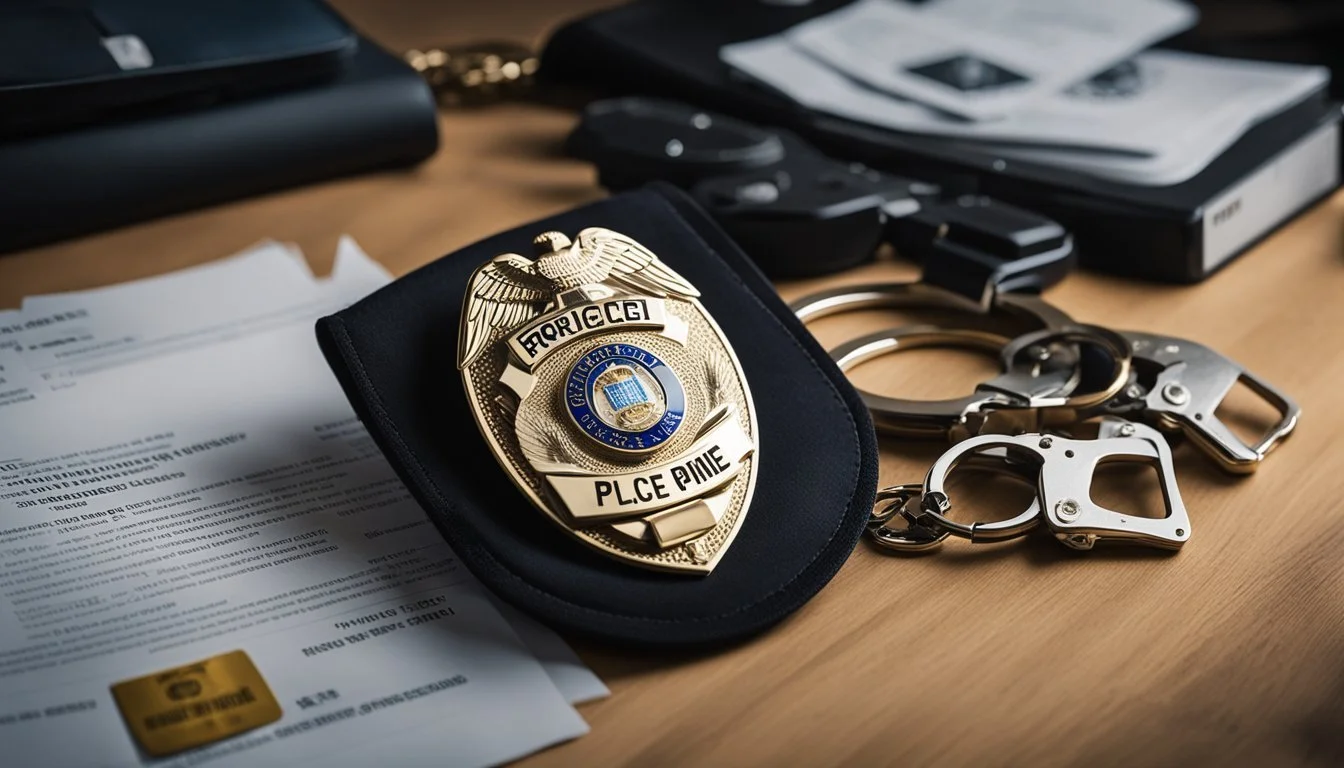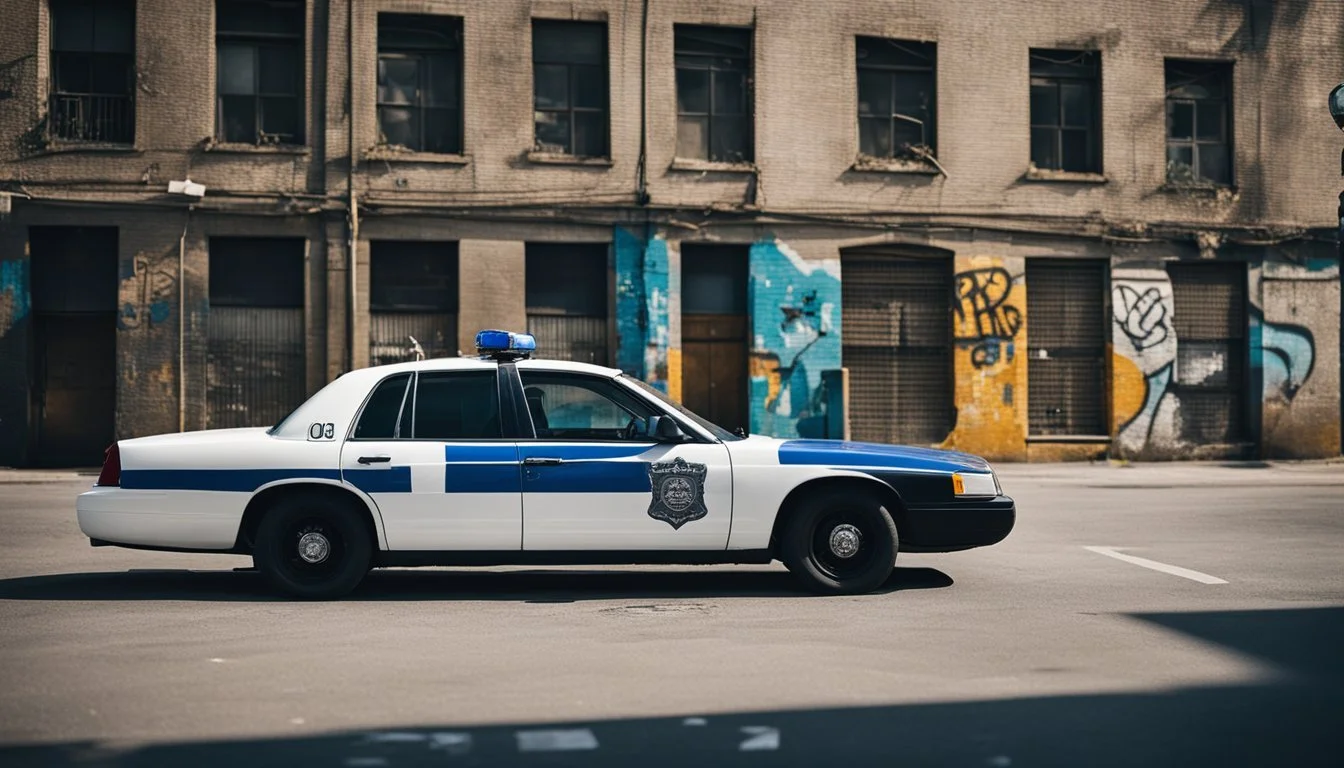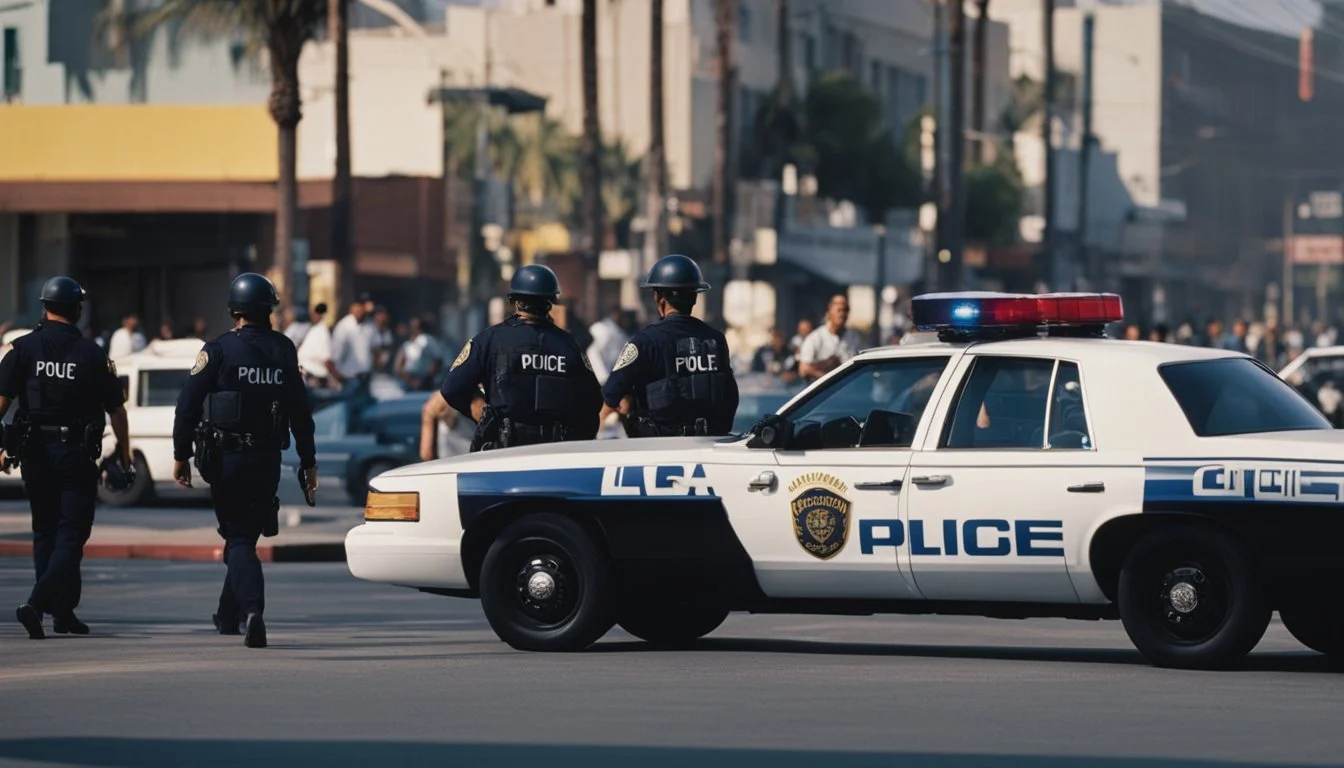5 True Crime Documentaries About Police Officers
Cases That Shocked the Nation
True crime documentaries have long captivated audiences by delving into the intricate details of criminal activities and the justice system. Among the most compelling of these are the documentaries that focus on police officers, either as the investigators or, more controversially, as the subjects scrutinized for their own misconduct. These films provide a unique and often startling perspective on the complexities and challenges within law enforcement.
Viewers are drawn to these stories because they reveal a side of policing that is seldom seen by the public. Documentaries about police officers serve as a powerful tool for raising awareness about issues such as corruption, brutality, and the broader implications of these actions on society. The inclusion of real-life accounts and insider perspectives lends credibility and emotional depth, making these documentaries both educational and deeply moving.
1) The Seven Five (2014)
"The Seven Five" is a documentary directed by Tiller Russell. It explores police corruption in the 75th precinct of the New York Police Department during the 1980s.
The film focuses on Michael Dowd, a former New York police officer, who was deeply involved in criminal activities. He stole money, dealt drugs, and was eventually arrested in 1992 with a stash of cocaine.
Patrick Eugene McKenna, another key figure, was also involved in the corrupt operations. The documentary captures their stories and the scale of their illicit activities.
The film presents interviews with Dowd and others, providing insights into their actions and mindset. It revisits the events with a sense of realism and unfiltered truth.
For more information on this documentary, visit The Seven Five on IMDb.
2) Flint Town (2018)
"Flint Town" dives into the challenges faced by the Flint Police Department. This Netflix documentary series, released in 2018, highlights the harsh realities of policing in Flint, Michigan.
The series sheds light on the department's struggle with limited resources and a crumbling infrastructure. Officers patrol a city plagued by violence and a notorious water crisis, offering a raw look at their daily battles.
Throughout eight episodes, viewers see the personal and professional dilemmas of the police officers. Their dedication to serving a community in distress is evident, despite the odds being stacked against them.
The documentary captures the police force's efforts amid a backdrop of societal unrest and changing public attitudes toward law enforcement. It portrays a city trying to maintain law and order under trying circumstances.
For more information, visit the IMDb page.
3) Precinct Seven Five (2014)
"Precinct Seven Five" is a gripping documentary that shines a light on rampant corruption within the New York Police Department during the 1980s. Directed by Tiller Russell, the film provides an in-depth look at the criminal activities conducted by Michael Dowd.
Michael Dowd is portrayed as one of New York's most notorious police officers. He was involved in stealing money and dealing drugs while on duty. His actions led to a significant scandal within the NYPD after his arrest in 1992.
The documentary contrasts the facade of law enforcement with Dowd's criminal undertakings. Interviews with former officers, including Dowd himself, offer personal insights into the dual life led by these corrupt officials.
"Precinct Seven Five" also highlights the impact of Dowd's actions on the community and the integrity of the police force. The film gives viewers a raw and unflinching view of police corruption and its consequences.
For more detailed information about the film, visit the IMDb page or the Wikipedia page.
4) Dallas SWAT
The "Dallas SWAT" documentary offers a gripping glimpse into the lives and work of elite officers in one of America's most populous cities. By showcasing their training, operations, and personal sacrifices, it highlights the immense pressures and dangers they face daily.
Viewers are taken along on high-stakes missions, including drug busts, hostage rescues, and tactical interventions. Each episode provides detailed insights into the protocols and strategies employed by these highly trained professionals, emphasizing their dedication and tactical expertise.
The documentary also delves into the psychological toll on officers and their families. The constant threat of violence and the demand for split-second decisions underscore the mental stamina required for such a role.
Produced by A&E, "Dallas SWAT" began airing in 2006 and quickly garnered attention for its authentic portrayal of law enforcement's frontline heroes. The show's real-life footage and firsthand accounts provide a sobering look at the realities of police work in a major metropolitan area.
For more information, visit the IMDb page on Dallas SWAT.
5) LA 92 (2017)
LA 92 is a documentary directed by Daniel Lindsay and T.J. Martin. It covers the 1992 Los Angeles riots that erupted after four police officers were acquitted in the beating of Rodney King. This film uses archival footage to explore the social and political climate of the time.
The documentary shows how the acquittal led to widespread protests, violence, and looting across Los Angeles. Through raw and rarely seen footage, viewers get an unfiltered look at the chaos and destruction that unfolded over several days.
LA 92 also examines decades of racial tension and police brutality leading up to the riots. It provides historical context, making it clear that the events of 1992 were part of a larger struggle for social justice.
For more details on "LA 92," you can visit the documentary's IMDb page.
Impact of True Crime Documentaries on Public Perception
True crime documentaries significantly influence how the public views law enforcement and social justice issues. They reveal systemic problems and shape opinions about police integrity, justice, and accountability.
Effect on Trust in Law Enforcement
True crime documentaries often expose police misconduct and corruption. Viewers may see detailed accounts of cases where officers failed to uphold justice, leading to skepticism and reduced trust in law enforcement.
Examples include false testimonies, mishandled evidence, and wrongful convictions. By highlighting these flaws, the documentaries can undermine confidence in police institutions. For instance, high-profile cases involving police cover-ups or brutality become widely discussed topics, affecting public perception.
Additionally, documentaries portraying police as either heroes or villains can skew views, creating polarized opinions about law enforcement's reliability and integrity.
Raising Awareness of Systemic Issues
These documentaries bring to light broader systemic issues within the criminal justice system. Issues such as racial bias, sentencing disparities, and flaws in investigative processes are common themes.
Such portrayals educate the public about the challenges victims and marginalized communities face. They can prompt societal discussions on the need for reforms, transparency, and accountability in judicial processes.
The focus on specific cases reveals gaps in the system, driving advocacy for policy changes. By showcasing real-life scenarios, viewers become more informed about injustices, potentially leading to increased activism and support for victims' rights groups or reform movements.
Ethical Considerations in True Crime Filmmaking
True crime documentaries must navigate the fine line between engaging storytelling and respecting ethical boundaries. This involves balancing sensationalism with sensibility and ensuring the privacy and dignity of victims and their families.
Balancing Sensationalism and Sensibility
True crime documentaries about police officers can easily become sensationalized. Filmmakers need to avoid exploiting the gravity of the subject for mere entertainment. Emphasizing facts over dramatization ensures credibility and respect.
Sensationalism can skew public perception and influence ongoing investigations. Therefore, maintaining a focus on verified information rather than speculative theories is crucial. Providing viewers with a well-rounded perspective helps them form informed opinions.
Additionally, filmmakers should consider the long-term impact of their work. Sensationalism may offer short-term viewership spikes, but content rooted in ethical storytelling builds trust and longevity.
Victim and Family Privacy Concerns
The privacy of victims and their families is paramount. Filmmakers must strive to portray these individuals with dignity and respect. This involves seeking consent and being sensitive to the emotional and psychological impact that media exposure can have on loved ones.
When depicting real-life events, anonymizing certain details can protect identities. It’s also essential to avoid graphic depictions that could further traumatize those involved.
Ethical true crime documentaries work closely with family members to ensure their stories are told responsibly. Respectful dialogue and transparency during production can alleviate concerns and foster trust, making accurate representation possible.
Using ethical considerations as a guideline ensures that true crime documentaries contribute meaningfully to the discourse without compromising the integrity of the people involved.






